Football fans that enjoy transfer gossip and the rumour mill get excited this time of the year as the January transfer saga’s conclude. The best place to get your daily dose of scandal is in the morning papers. In reality, I think most fans take these gossip columns with a pinch of salt but that said, I’m interested in measuring how many reported transfers in the newspapers come to fruition.
Since the 16th of December I’ve collected data from the morning newspapers in the UK that report player transfers – it wasn’t possible to access every newspaper so I used the Sky Sports ‘paper talk’ article that is published daily. This combines all the latest transfer stories published in the national papers in the UK. The Sky Sports tagline for the column is that Paper Talk “rounds up the latest news, rumours, and speculation from print media around the globe”. Since December, I’ve read everything from Real Madrid showing an interest in Harry Kane to Lionel Messi’s proposed move to Chelsea.
Eight newspapers were analysed from the 'paper talk' article; five were tabloids, that naturally reported more transfers, and the other three were broadsheets. At the end of 45 days (until the close of the transfer window), 676 transfers stories were reported. Duplicate transfers from the same newspaper were not included in the sample. Many transfers were reported across more than one newspaper, hence the high total number. For a transfer to be included in the dataset there had to be a player named and a direct transfer link made to a buying club. For instance, a story like the following would have to be published; “Manchester United are interested in buying Axel Witsel from Zenit Saint Petersburg”. For simplicity, I didn’t make distinctions between permanent deals and loan switches. Nor did I make a distinction on when the reported transfer will take place, unless specifically mentioned.
Also there were three types of transfer rumours that were not included: 1. Where players instigated transfer gossip themselves i.e. ‘player X said he would love a move to club X’. 2. Denials or rejections of transfers where ‘club X blatantly denies that player X is moving to club X’ and 3. Transfers that are already agreed or were very close to completion i.e. these players were undergoing medicals and there was very little uncertainty surrounding the transfer.
While I don’t’ want to insinuate that the transfer links were fabricated by any newspaper, as a transfer may not have occurred for an abundance of reasons, the chart below provides some insight on the rumour mill after the latest transfer window. The red (tabloid) and lime (broadsheet) bars show the number of reported transfer stories and the light blue bars indicate how many of these were completed.
So, while you probably always knew it to be the case, now you have some numbers to put on how much transfer gossip comes true.
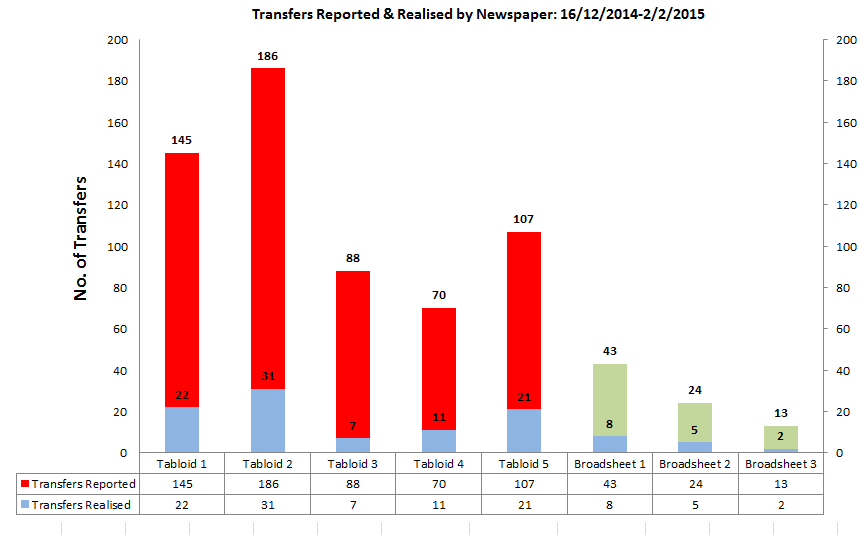
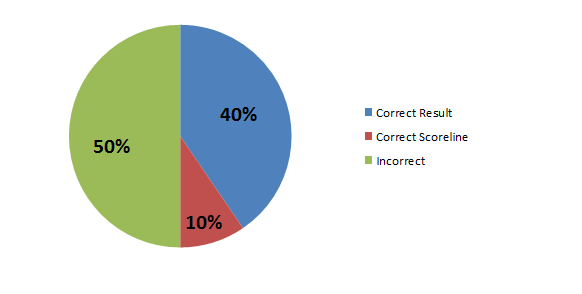
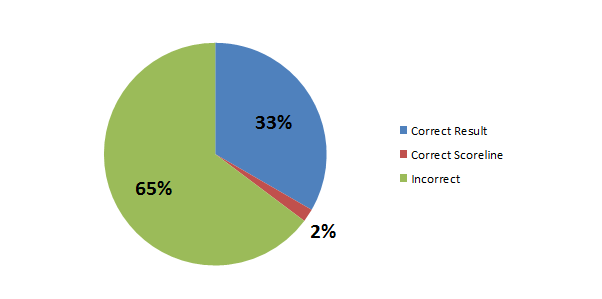
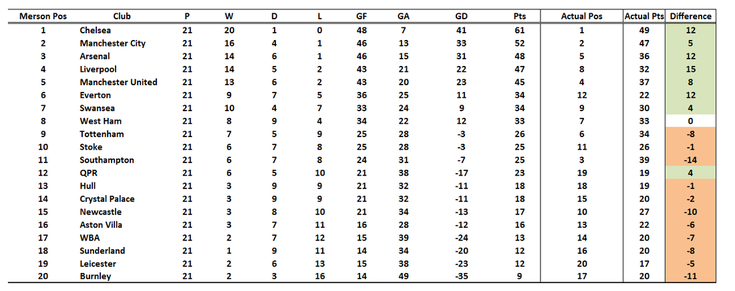
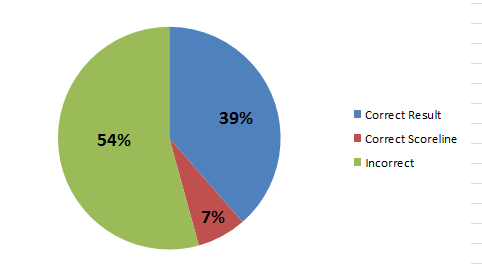
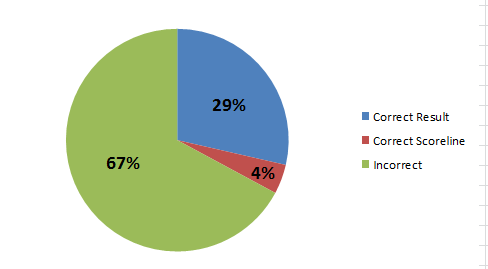
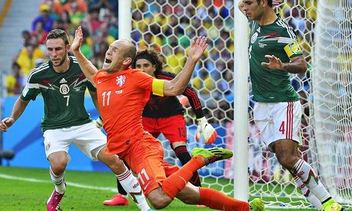
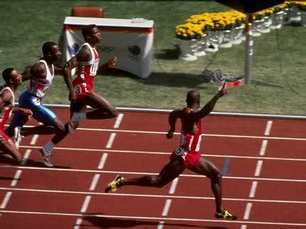
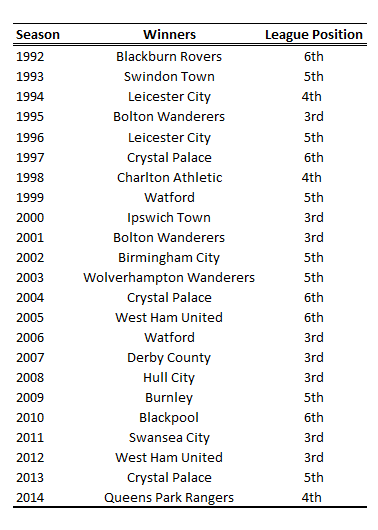
 RSS Feed
RSS Feed